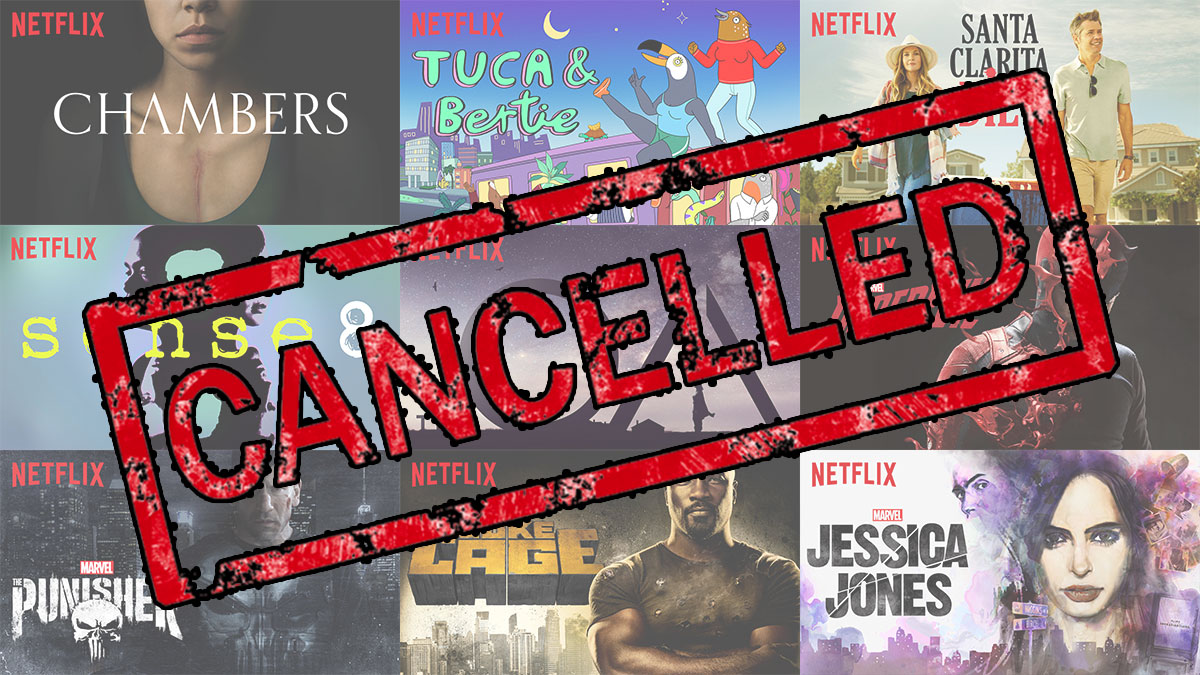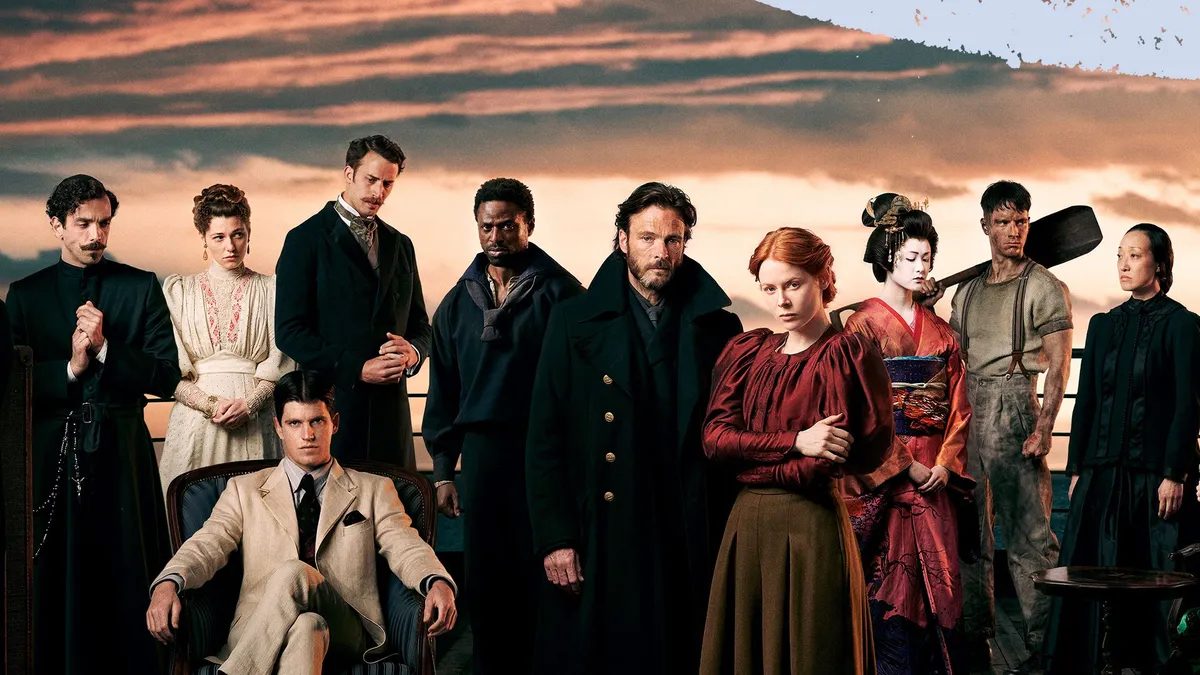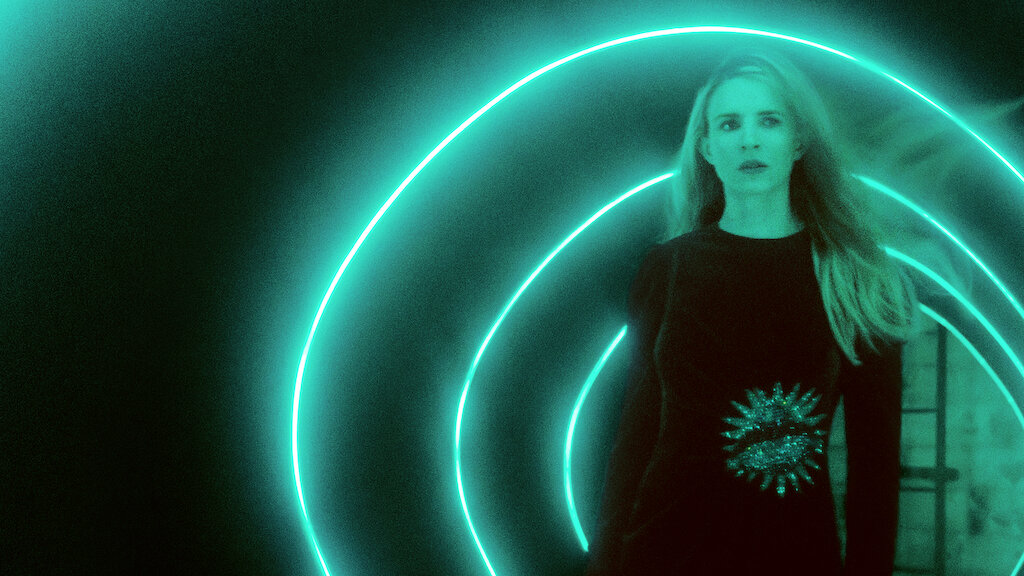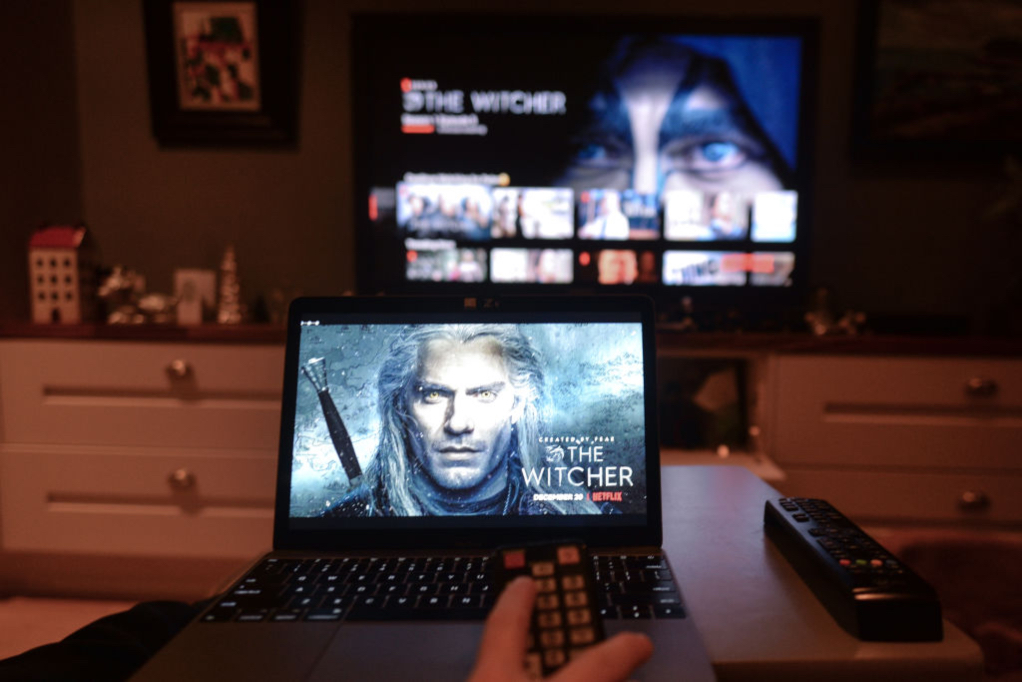Lately, I’ve felt drained. The entertainment industry is not successfully glueing me to the TV anymore. Something indeed is lacking – I can no longer chill with Netflix.

Not so long ago, my favourite past-time after work was sitting in front of the TV with a steaming mug of coffee and binging through Netflix or whatever streaming service I was more attached to at that point.
Netflix and chill was a good pastime contrary to popular belief, especially since many streaming services started to deviate from Hollywood to other industries around the world. This is no longer the case; TV shows are getting the chop in the blink of an eye and our time invested goes down the drain.

Paul Tassi in an article in Forbes writes that he thinks Netflix is “actively stealing time from [him]” and he is not alone in feeling so. I felt it too when “1899”; A multilingual TV series created by Jantje Friese and Baran bo Odar, was cancelled.
This shocked many fans as the show was popular, remaining in a top 10 position in Netflix’s Global top 10 lists from November 13th 2022 to December 18th 2022. Hasey Moor from Whats on Netflix states that it totalled a whopping 257.16 million hours watched, therefore being shocked is an apt reaction when the axing finally happened in January this year.
The show simply aces in the overall recipe of a good TV show by any modern standards. It not only featured a diverse cast it involved a multilingual approach while using state-of-the-art technology to create it. So why did they cancel it? The completion rate of the series falls short of the expected value of 50%. The 37% completion rate gathered by the Series directed it to the block.
What gets the Chop and What Survives?

Admittedly, Netflix policy states that this is what leads any TV show to the chopping block, and it may provide a certain justification for the streaming service, but how does it affect society?
Looking at some of the TV shows that have been renewed continuously like: Bridgeton Season 4 and 5, Emily in Paris Season 4, and Formula 1: Drive to Survive Seasons 5 and 6, a trend is visible. My selections may be biased and I owe it for the sake of transparency to state that the list has a healthy mixture of diverse genres.
However, it is glaringly obvious that shows which may fall under the easy TV category have curried favour among the streaming services. It is indeed unfair to single out Netflix in this. This seems to be a formula that is popular among many streaming services.
While “easy TV” is much sought after a taxing day at work or after putting the kids to bed, it doesn’t necessarily give that oomph that certain TV shows used to give at the end of a binging session. It doesn’t challenge our intellectual curiosity and a philosophical debate hardly comes up. The most you could say is that ‘it was fun.’ There is no lasting impact that deserves a little bit of a rave.
Most of the TV shows that have this potential met their maker fairly prematurely stunting any impact it could have had on society and popular culture and what remains as Paul Tassi so eloquently states is a “graveyard stacked with dead series with unfinished conclusions.”
Why do Popular TV Shows End?

No ‘certifiably fresh’ rating from Rotten tomatoes can save these and the novelty of petition bullying to renew TV series has waned and cannot help, but if it is so popular why don’t viewers complete the series as fast as humanly possible?
The reason is simple, high-impact, intellectually intriguing TV shows are the direct opposite of ‘easy TV.’ It takes time to digest; to decipher; to build a taste for. The best example of this is Dark by Jantje Friese and Baran bo Odar. The TV show was a web of difficult connections and complex themes. The discovery of it alone took some time, yet it became one of the most popular TV shows of all time.
Netflix, like other streaming services, have become less benevolent in giving a show the benefit of the doubt and has proceeded to take as little a chance as possible by allowing them to grow on their platform creating a lack of choice for the viewer between ‘easy TV’ and challenging TV shows that push boundaries.
So What Does This Mean for Society?
Whether you like it or not the media we consume shape the way we think and believe. While there are some shows that are able to maintain the balance between ‘easy TV’ and adding substance that would help society grow more holistically like Shitts creek, other shows as Dan Levy so aptly states, need “time to breathe and evolve.”

Therefore, getting rid of TV shows that push boundaries simply because the rate of completion is not up to par can have a serious impact. It takes away the growth that the viewer may achieve on a personal and social level, it takes away options, and it even takes away the chance or the right a viewer may have to hate it and provide reasons for it.
It takes away the growth of critical thinking among viewers which takes away how such thinking can help make society better because “Netflix and chill” is all well and good until we are too chill to question what happens around us and slowly turn into docile sheep.
Subscribe to FIB’s Weekly Breaking News Report for your weekly dose of music, fashion and pop culture news!







